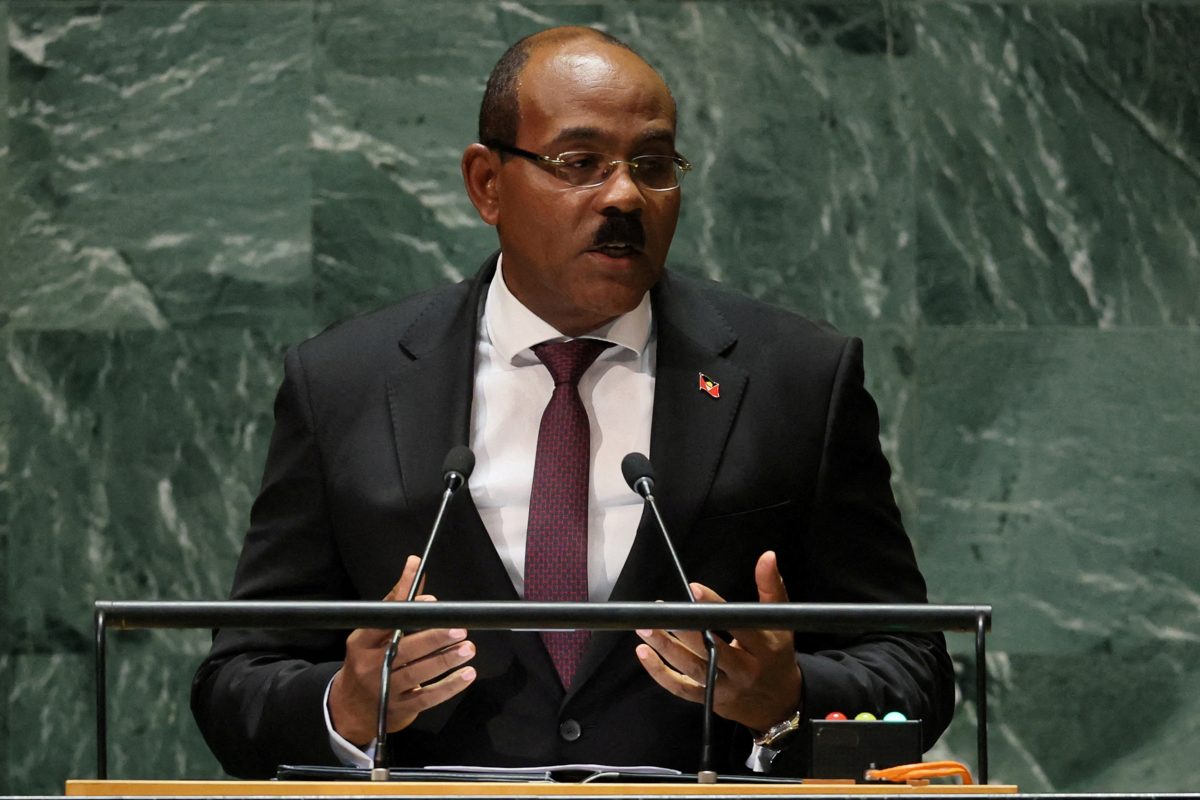(Reuters) – The president of this decade’s summit for Small Island Developing States today blasted “empty” and “grossly inadequate” climate pledges, saying wealthy nations have failed to meet obligations to limit damages from carbon emissions. Small island states across the Pacific, Atlantic and Caribbean, with negligible emissions, are particularly vulnerable to economic crises and rising temperatures due to their exposure to natural disasters, high debt and reliance on imports and tourism.
The Atlantic hurricane season, starting in June is expected to be more active than usual due to near-record warm Atlantic Ocean temperatures and cooler surface water in the Pacific.
“It is not sufficient for nations to simply make empty and grossly inadequate commitments under the Paris Agreement,” conference president and Antigua and Barbuda Prime Minister Gaston Browne said, citing a 2015 treaty to limit emissions and prevent temperatures rising more than 1.5 degrees Celsius above pre-industrial levels.
This threshold is seen as a tipping point for more severe and irreversible climate events. Scientists have warned that without aggressive action the planet is on track to warm between 2.5C and 2.9C.
Browne called for more climate financing, a global carbon tax on oil companies, an end to fossil fuel subsidies and a faster transition to renewable energy sources. He urged rich nations to honor a pledge to send $100 billion a year to poorer countries to help reduce emissions and mitigate extreme weather.
A Reuters investigation found that billions in funds sent so far have been funneled back to rich nations.
United Nations Secretary-General Antonio Guterres added that Small Island Developing States had “every right” to demand better financing options and bigger contributions to the “loss and damage” fund.
“The idea that an entire island state will become collateral damage for profiteering by the fossil fuel industry or competition between major economies is simply obscene,” he said.
Loss and damage, announced at last year’s COP28 summit after long-standing calls by island states, was intended to help poor countries recover from climate disasters, but funding from wealthy nations have been paltry.
“The major contributors to climate change have failed to meet their obligations,” Browne said.









